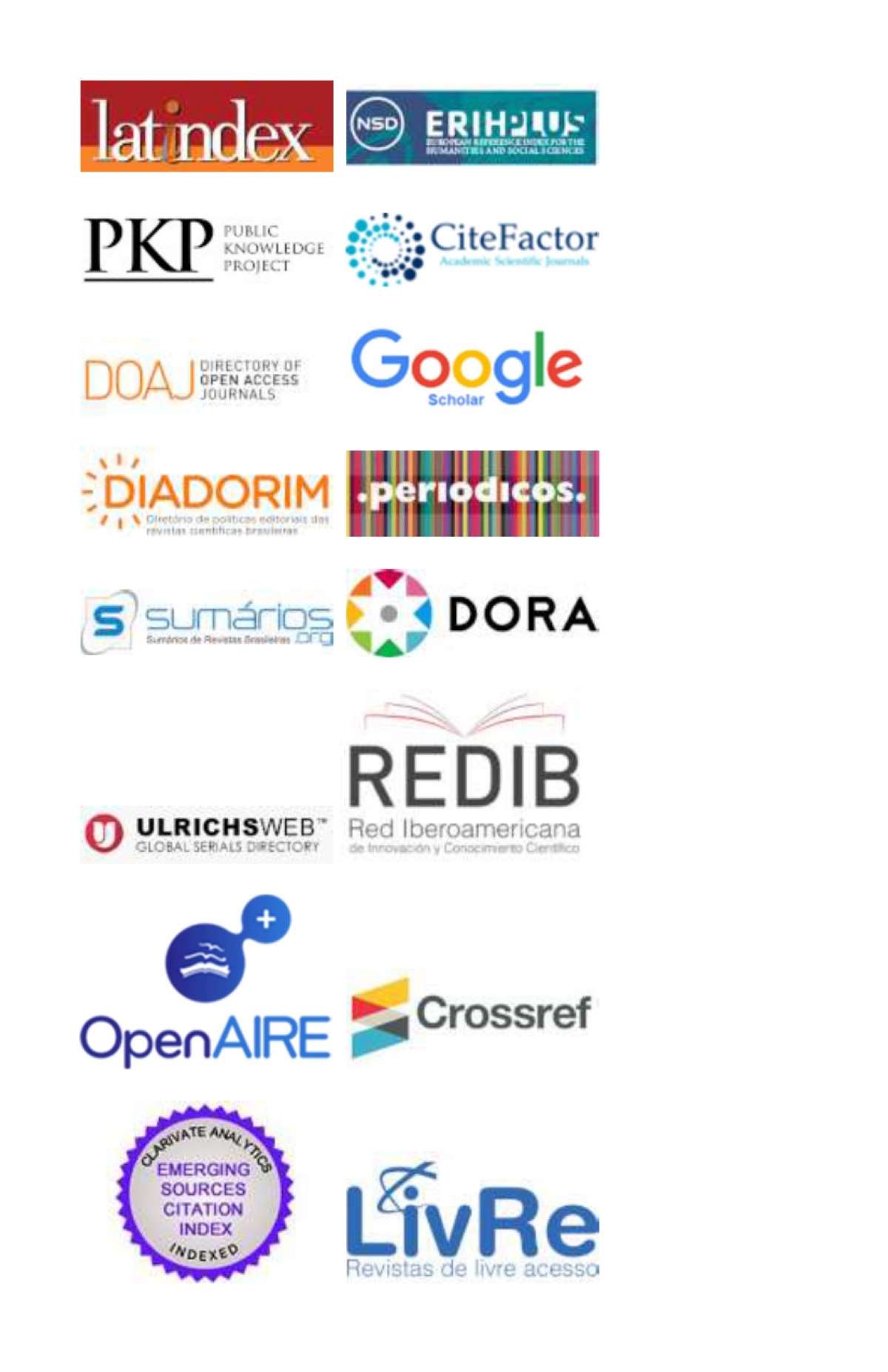Guidelines for Publication Ethics and Good Practices
The JOURNAL OF INSTITUTIONAL STUDIES is oriented by publication ethics guidelines and cares of the adoption of some editorial good practices.
It is possible to exemplify with the following:
1. The edition and publication of manuscripts observe scientific merits, repudiating any sort of prejudice based on authorship, like nationality, etnicity, race, gender, political beliefs, sexual orientation or any personal circumstances; Therefore, the evaluating system to scientific articles adopts double blind peer review, bringing higher impartiality within the filling of a form composed by objective criteria, including a questioning if there is prejudiced, defamatory or libellous content in the manuscript;
2. The manuscripts are approved in absolute respect of editorial independency, without the intervention of any governmental authority or interest group; Therefore, such organizations are not consulted when making the editorial decision, nor are they authorized to recommend the publication of any work;
3. The authorship of the manuscripts should be restricted exclusively to those researchers who made a significant contribution, requiring participation in methodological planning, data collection and analysis, the accomplishment of experiments, and the preparation of the manuscript submitted; Therefore, authorship attribution is not allowed to people who have financed, provided subsidies, equipment or data to, or generally supervised the research, without any relevant contribution to the elaboration and execution of respective project or to the reporting of its results, only allowing such occurrences to be mentioned as an acknowledgement in a footnote besides the title of the manuscript;
4. Any material received, whether the manuscript itself, or a supplementary document, deserves to be treated as confidential for all legal purposes, and there are no publishers or evaluators authorized to disclose them or to exploit their information commercially or academically prior to its official publication; Therefore, Editorial Team members are often warned of the importance of preserving the confidentiality of the material received, only transmited to referees after their aceptance to evaluate it, when the confidentiality is emphasized;
5. The use and access of personal information of users of the site, such as residential address, are restricted; Therefore, no information is available beyond the necessary to attribute collaborators' authorship to the general public, also warning members of the Editorial Team that unauthorized disclosure will not be tolerated for any purpose; and
6. Contributors should make statement of their conflicts of interest and editors must assess its potential to offend scientific integrity; Therefore, evaluators are required to state whether they would be in conflict of interest while accepting the invitation and authors have the opportunity to clarify this fact when submitting their manuscript, as a supplementary document, or when its existence is pointed out by evaluators.
The guidelines mentioned above are not exhaustive. The Scientific Committee of the journal will appreciate any ethical conflict concretely raised observing publication ethics standards established by COPE (Committee on Publication Ethics) and Brazilian agencies regulating scholar communication, such as CNPq (National Council of Scientific and Technological Development) and CAPES (Coordination for the Improvement of Higher Level Personnel).





